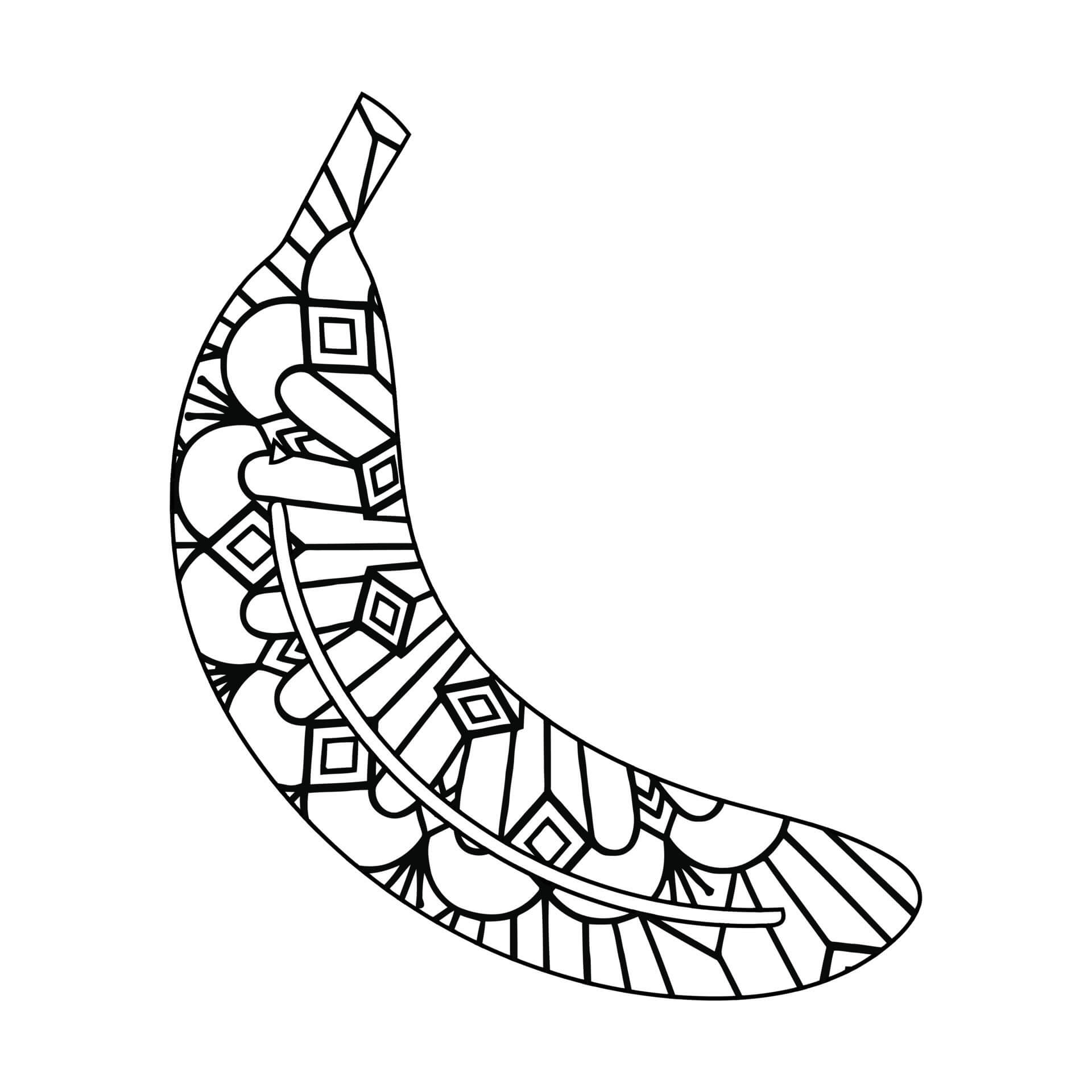Mozzarella Cheese: A Delicious Exploration Of The World's Favorite Cheese
Let's dive straight into the cheesy goodness that is mozzarella! If you're a fan of pizza, pasta, or anything Italian, chances are you've already fallen in love with this creamy, stretchy delight. Mozzarella cheese, or as the Italians call it, "Mozzarella," is more than just a topping—it's a culinary experience. Whether you're melting it, slicing it, or simply enjoying it on its own, this cheese has a way of making every dish better. So, grab a slice and let's get started!
Mozzarella cheese is one of those ingredients that seems simple on the surface but holds a world of complexity within. From its origins in Italy to its global popularity, mozzarella has become a staple in kitchens around the world. Its versatility and flavor profile make it a favorite among chefs and home cooks alike.
But what exactly makes mozzarella so special? Is it the texture, the taste, or the way it pairs with almost anything? In this article, we'll explore everything you need to know about mozzarella, from its history to its nutritional benefits and even some fun facts. So, whether you're a cheese enthusiast or just curious about this dairy delight, stick around because we're about to get cheesy!
Table of Contents
- The History of Mozzarella Cheese
- Types of Mozzarella
- Nutritional Value of Mozzarella
- How Mozzarella is Made
- Ways to Use Mozzarella
- Delicious Mozzarella Recipes
- Subtypes of Mozzarella
- Health Benefits of Mozzarella
- Storing Mozzarella Properly
- Fun Facts About Mozzarella
The History of Mozzarella Cheese
Mozzarella has a rich history that dates back to ancient Italy. Originally made from buffalo milk, this cheese was first produced in the Campania region. Legend has it that the name "mozzarella" comes from the Italian word "mozzare," which means "to cut off." This refers to the process of cutting the cheese curds during production.
Over time, mozzarella gained popularity beyond Italy, becoming a staple in kitchens worldwide. Today, you can find variations of mozzarella made from cow's milk, which is more widely available and affordable. Despite these changes, the traditional buffalo mozzarella remains a favorite among cheese connoisseurs.
Origins in Italy
The origins of mozzarella are deeply rooted in Italian culture. In the early days, water buffalo were introduced to Italy by the Romans, and their milk became the primary source for making this cheese. The unique properties of buffalo milk, such as its high fat content, contribute to the rich and creamy texture of mozzarella.
As Italian immigrants traveled to other parts of the world, they brought their love for mozzarella with them. This helped spread the cheese's popularity, leading to its widespread use in dishes like pizza and lasagna.
Types of Mozzarella
Not all mozzarella is created equal. There are several types of mozzarella, each with its own unique characteristics. Let's take a look at some of the most popular varieties:
- Buffalo Mozzarella: Made from water buffalo milk, this variety is known for its rich flavor and creamy texture.
- Cow's Milk Mozzarella: A more affordable option, this type is made from cow's milk and is widely available in supermarkets.
- Fresh Mozzarella: Often sold in balls or logs, fresh mozzarella is soft and mild, perfect for salads or sandwiches.
- Low-Moisture Mozzarella: This type is firmer and has a longer shelf life, making it ideal for melting on pizza or in casseroles.
Choosing the Right Type
Selecting the right type of mozzarella depends on how you plan to use it. For example, fresh mozzarella is great for salads and appetizers, while low-moisture mozzarella is better suited for cooking. Understanding the differences between these types can help you make the best choice for your culinary needs.
Nutritional Value of Mozzarella
Mozzarella is not only delicious but also packed with essential nutrients. It's a great source of protein, calcium, and vitamins like B12 and riboflavin. However, it's important to consume it in moderation due to its fat content.
Here's a breakdown of the nutritional value of mozzarella per 100 grams:
- Calories: 300
- Protein: 22 grams
- Fat: 22 grams
- Carbohydrates: 2 grams
- Calcium: 500 mg
Health Considerations
While mozzarella offers many health benefits, it's crucial to consider your dietary needs. For those watching their fat intake, opting for part-skim or low-fat versions can be a healthier choice. Additionally, choosing buffalo mozzarella over cow's milk mozzarella may provide additional health benefits due to its higher omega-3 content.
How Mozzarella is Made
The process of making mozzarella is both fascinating and time-honored. It involves several steps, including curdling, stretching, and shaping. Let's break it down:
- Curdling: Milk is heated and mixed with rennet and acid to form curds.
- Stretching: The curds are heated in hot water and stretched until they reach the desired consistency.
- Shaping: The stretched mozzarella is shaped into balls or logs and cooled in brine to preserve its flavor and texture.
Traditional vs. Modern Methods
While traditional methods of making mozzarella are still practiced, modern technology has streamlined the process. However, many argue that handmade mozzarella offers superior taste and texture compared to its industrially produced counterparts.
Ways to Use Mozzarella
Mozzarella's versatility makes it a must-have ingredient in any kitchen. From classic Italian dishes to modern fusion recipes, this cheese can elevate any meal. Here are some ideas to get you started:
- Pizza: Top your favorite pizza with a generous layer of mozzarella for that perfect cheesy goodness.
- Caprese Salad: Combine fresh mozzarella with tomatoes and basil for a refreshing and flavorful salad.
- Pasta Dishes: Add shredded mozzarella to pasta dishes like lasagna or baked ziti for a rich and creamy finish.
- Appetizers: Use mozzarella sticks or bites as a tasty appetizer for parties or gatherings.
Cooking Tips
When cooking with mozzarella, it's important to consider its melting properties. For best results, allow the cheese to come to room temperature before using it. This helps it melt evenly and enhances its flavor.
Delicious Mozzarella Recipes
Ready to get cooking? Here are a couple of recipes featuring mozzarella:
Recipe 1: Classic Caprese Salad
Ingredients:
- 1 large tomato, sliced
- 1 ball of fresh mozzarella, sliced
- Fresh basil leaves
- Olive oil
- Balsamic vinegar
- Salt and pepper
Instructions:
- Arrange tomato and mozzarella slices on a plate.
- Top with fresh basil leaves.
- Drizzle with olive oil and balsamic vinegar.
- Season with salt and pepper to taste.
Recipe 2: Stuffed Zucchini Boats
Ingredients:
- 4 medium zucchinis
- 1 cup shredded mozzarella
- 1/2 cup breadcrumbs
- 1/4 cup grated Parmesan
- 2 cloves garlic, minced
- 1/4 cup chopped fresh parsley
- Olive oil
- Salt and pepper
Instructions:
- Preheat oven to 375°F (190°C).
- Cut zucchinis in half lengthwise and scoop out the centers.
- Mix breadcrumbs, Parmesan, garlic, parsley, and mozzarella in a bowl.
- Stuff the zucchini boats with the mixture.
- Drizzle with olive oil and season with salt and pepper.
- Bake for 20-25 minutes or until golden and tender.
Subtypes of Mozzarella
Beyond the basic types, there are several subtypes of mozzarella that cater to specific tastes and preferences. These include:
- Bocconcini: Small, bite-sized balls of fresh mozzarella, perfect for snacking or salads.
- Mozzarella Affumicata: Smoked mozzarella with a bold flavor, great for adding depth to dishes.
- Burrata: A creamy, decadent cheese made from mozzarella and cream, often used in gourmet dishes.
Exploring Subtypes
Experimenting with different subtypes of mozzarella can open up a world of culinary possibilities. Whether you're looking for a mild and creamy option or something with a bit more kick, there's a subtype out there for everyone.
Health Benefits of Mozzarella
Beyond its taste, mozzarella offers several health benefits. It supports bone health due to its high calcium content and provides essential vitamins and minerals. Additionally, the probiotics found in some types of mozzarella can aid in digestion and boost immunity.
Probiotic Power
Some artisanal mozzarella cheeses contain live probiotics, which are beneficial bacteria that promote gut health. Incorporating these cheeses into your diet can help maintain a healthy balance of gut flora.
Storing Mozzarella Properly
To ensure your mozzarella stays fresh and flavorful, proper storage is key. Fresh mozzarella should be stored in its original brine or water to maintain its texture. Keep it in the refrigerator and use it within a few days for best results.
For low-moisture mozzarella, wrap it tightly in plastic or store it in an airtight container to prevent it from drying out. Always check the expiration date and store it according to the manufacturer's instructions.
Freezing Mozzarella
If you have leftover mozzarella that you won't be using soon, freezing is an option. However, keep in mind that freezing can affect its texture, making it less suitable for fresh applications like salads. Instead, use frozen mozzarella in cooked dishes where texture isn't as critical.
Fun Facts About Mozzarella
Here are some fun facts to impress your friends with:
- Mozzarella was originally made by monks in Italy.
- It takes about 10 liters of milk to make 1 kilogram of mozzarella.
- Buffalo mozzarella is a protected designation of origin (PDO) product in the European Union.
- The world's largest mozzarella pizza was made in Italy and weighed over 5,000 pounds.
Did You Know?
Mozzarella is not just limited to Italian cuisine. It's also used in various international dishes, proving its universal appeal. From Mexican quesadillas to Indian curries, mozzarella adds a touch of cheesy goodness wherever it goes.
Conclusion
Mozzarella cheese is more than just a topping; it's a culinary delight that enhances any dish it touches. From its rich history to its nutritional benefits, there's so much to love about this versatile cheese. Whether you're enjoying it fresh in a salad or melted on a pizza, mozzarella



Detail Author:
- Name : Ana Skiles
- Email : mayra47@breitenberg.com
- Birthdate : 1998-06-02
- Address : 25481 Hand Bridge Lake Abdielhaven, AZ 44315-1980
- Phone : +1 (934) 531-6584
- Company : Kertzmann-Kilback
- Job : Pipe Fitter
- Bio : Non vero velit nesciunt ut eveniet. Adipisci doloremque est aut. Eveniet et nam eveniet ut voluptatibus. Quas est vel illum sint repellat. Optio quo impedit molestiae nesciunt.